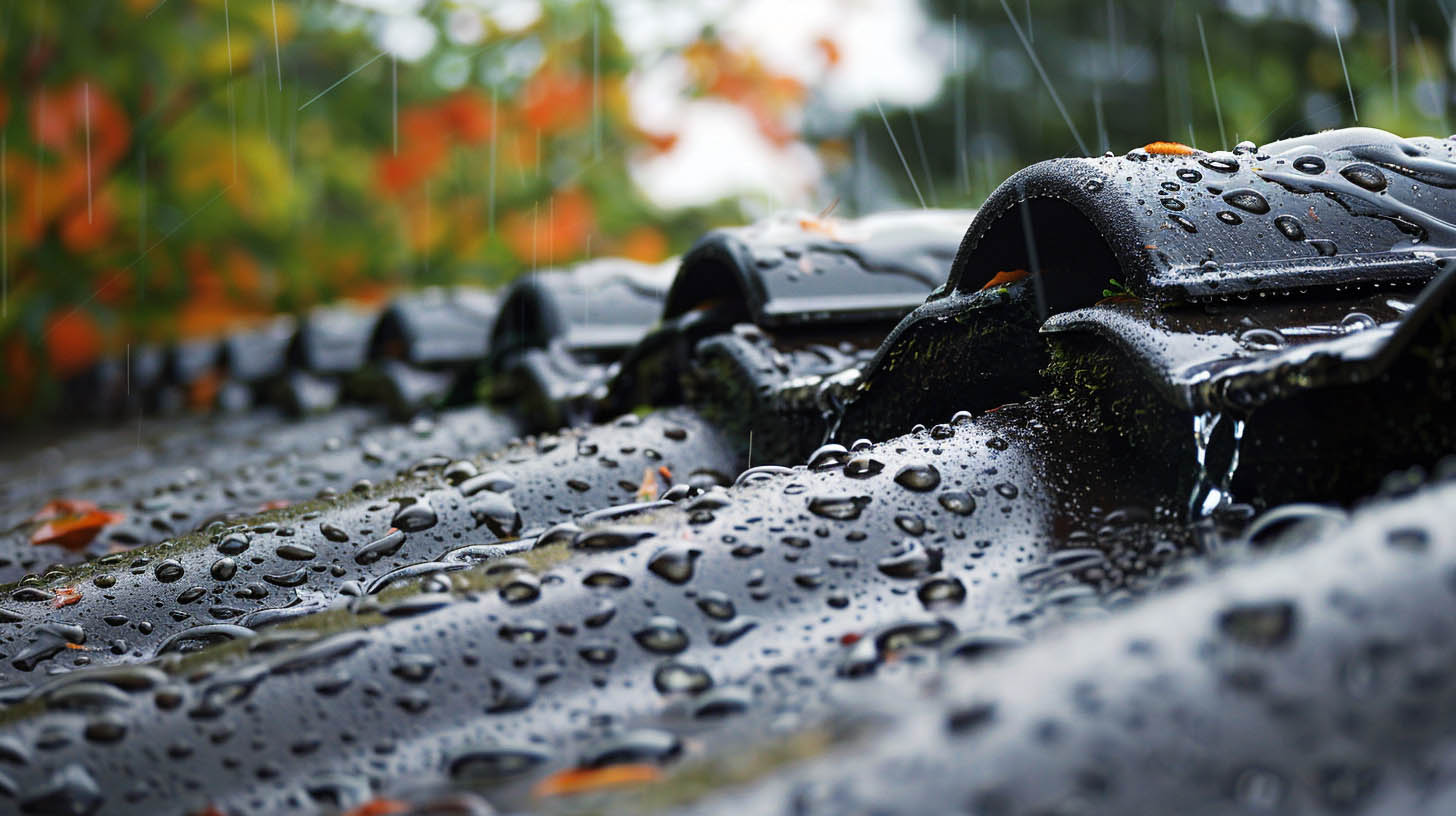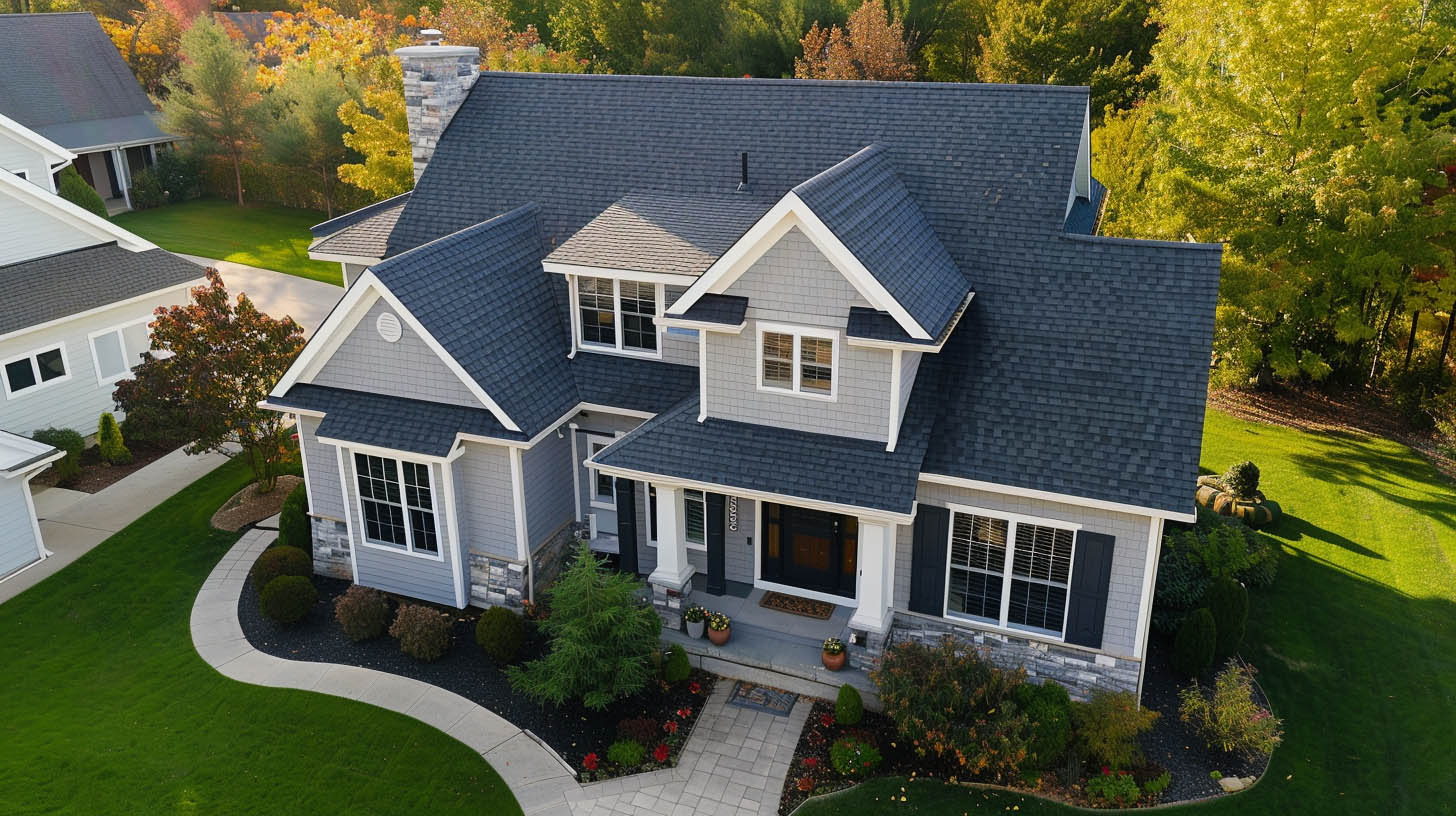
Navigating Roofing Projects During Wet Weather
Weather poses a unique set of challenges for roofing projects, particularly when rain enters the equation. It’s a common question among homeowners: Can roofing work proceed during rainy conditions? Understanding the balance between safety, quality, and the urgency of roofing needs is essential. This article delves into the reality of roofing in the rain, offering insights for homeowners considering roofing work during less-than-ideal weather conditions.Safety First: The Risks of Wet Weather Roofing
The safety of roofing professionals is paramount, with rain significantly increasing the hazards on a roof. Slippery surfaces heighten the risk of falls, a primary concern that can halt projects during wet conditions. Ensuring the safety of the roofing team is a critical factor that influences the decision to proceed with work during rain.Quality of Work Under Wet Conditions
The integrity of roofing work can be compromised by rain, impacting the overall quality of the project. Activities such as tearing off an old roof or installing new materials require dry conditions to maintain the precision and quality of craftsmanship. Water infiltration can also affect the roofing materials, potentially leading to long-term damage if not properly managed.Tasks Suited for Light Rain Conditions
Despite the challenges, certain roofing tasks can be safely and effectively carried out during light rain. These include:- Repairing or Installing Shingles: With proper precautions, shingle work can proceed as the underlayment protects against water infiltration.
- Roof Tarping: To protect unfinished areas, roofers may use tarps during brief showers, ensuring work can resume once the weather clears.
- Emergency Roof Repairs: Urgent fixes may necessitate work in light rain, especially to prevent further damage to the structure.
- Inspecting and Assessing Damage: Rain can help identify leaks or weaknesses, allowing roofers to address issues promptly.
- Flashing Repair and Installation: Essential for preventing water penetration, flashing work can continue with careful preparation.


